Economists and researchers from Momentum have provided insights on the macroeconomic movements of South Africa over 2022.
Head of insights and research Herman van Papendorp, as well as economist Sanisha Packirisamy, said that at the start of the year, generous financial support and an early reaction from the South African Reserve Bank (SARB) to bolster the country’s recovery from the pandemic and social unrest.

Although the year started strong, according to Momentum, growth started to peter out in the second quarter primarily due to severe flooding in KwaZulu-Natal and a higher incidence of load shedding, given a higher level of unplanned maintenance, which has more than doubled over the past five years.
Momentum added that the national freight rail’s poor performance had compounded supply-side constraints for businesses operating in and with South Africa. It has also added to overall costs, said the researchers.
“Median consensus growth expectations (surveyed by Reuters) for this year have softened from 2% in December last year to 1.8% in November 2022,” said Momentum.
Meanwhile, higher global food and energy costs have caught up with South Africa, added the economists.
This resulted in an upward revision in headline inflation forecasts from 4.6% to 6.8% (levels last seen in 2016) over the corresponding period.
The SARB reacted proactively to curb price expectations, stem a broadening out of inflation pressures and maintain the credibility of the bank’s inflation-targeting mandate.
SARB also raised rates for the first time in the current cycle in November 2021 and has increased interest rates by a cumulative 350 basis points to date, leaving the repo rate above pre-pandemic levels.
Emerging markets
South Africa, as an emerging market, shared in the trend amongst other developing nations of early growth at the start of the year.
“Unprecedented rescue packages for hard-hit sectors suffering the fallout from the pandemic aided a faster-than-anticipated rebound in 2021. Growth averaged 6.6% – the highest in a decade,” said Momentum.
Emerging markets are however set for growth to decrease by more than half this year in light of the Russian war in Ukraine, creating an energy squeeze and exacerbating the surge in global food prices.
Growth in commodity-importing nations is also expected to tumble further, while a faster-than-expected tightening in global financial conditions in advanced economies raises financial stress for emerging markets with large financing needs, said the economists.
“The consensus lowered its expectations on growth and raised its projections for inflation for the composite in the past year.”
Growth estimates have fallen from 4.9% in December last year to 3.1% in November 2022 – below the average longer-term of 5.3%.
Inflation is projected to climb from 4.1% to 6.4% – last seen in 2012 – over the same period, stated Momentum.
Source:https://businesstech.co.za/

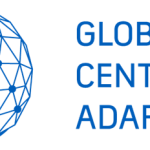
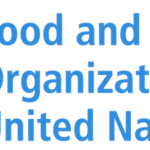


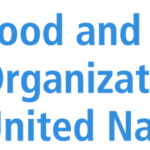

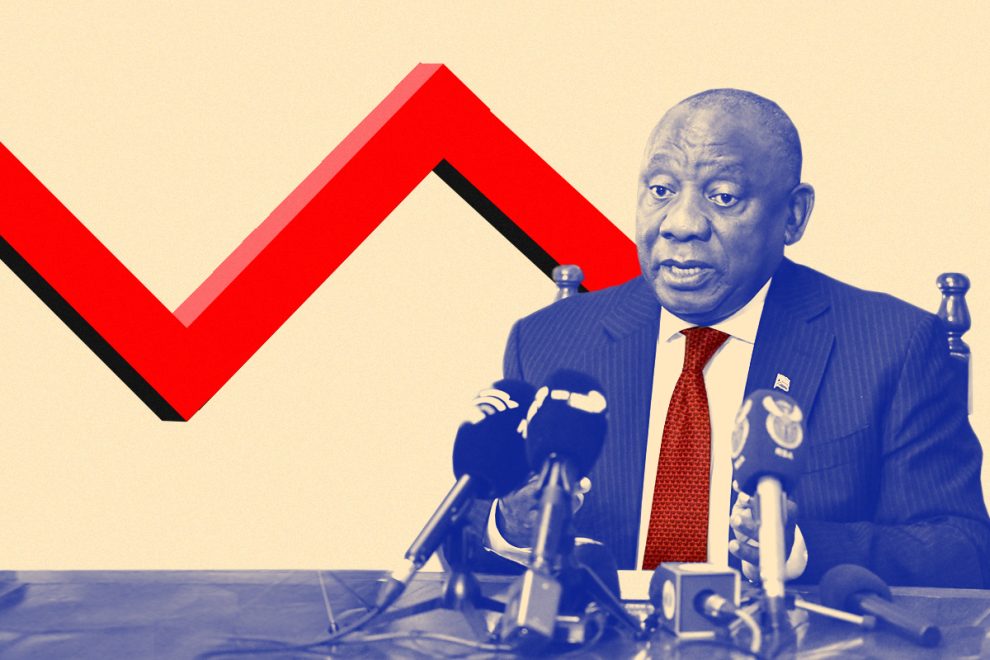

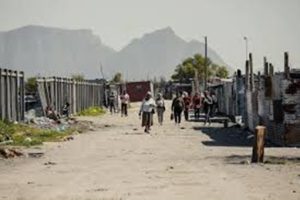

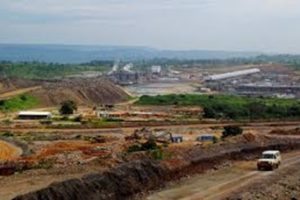








Add Comment